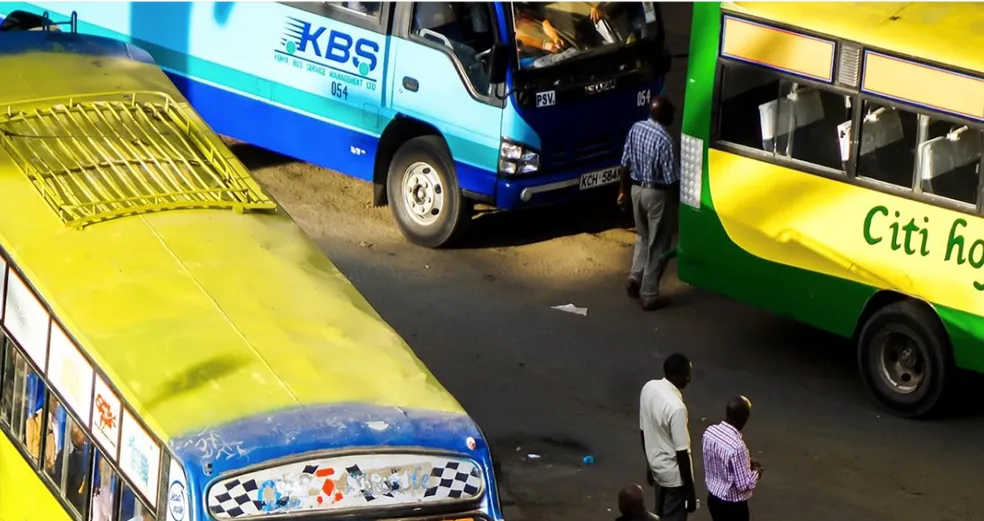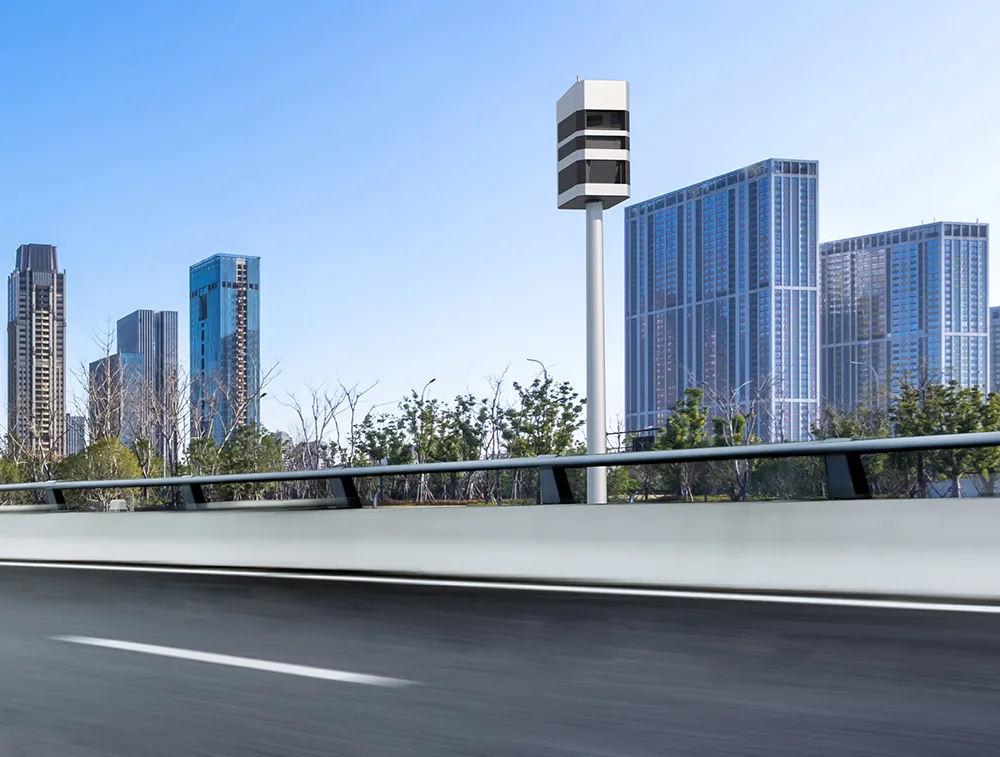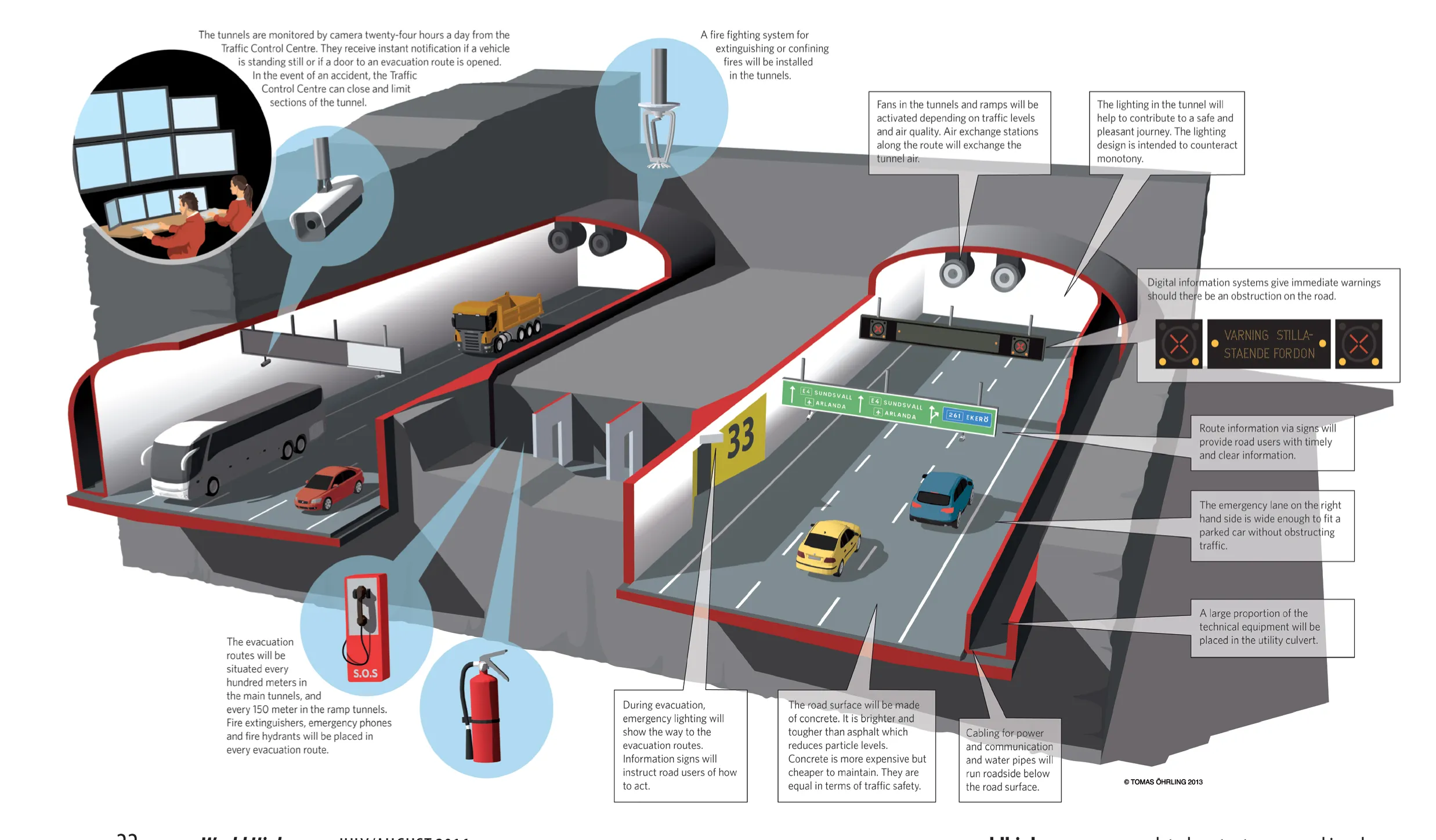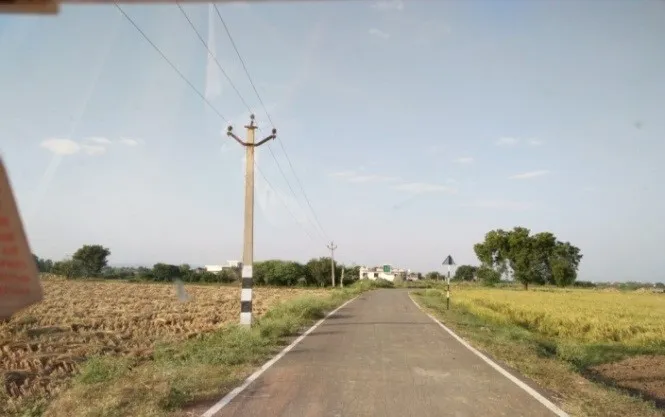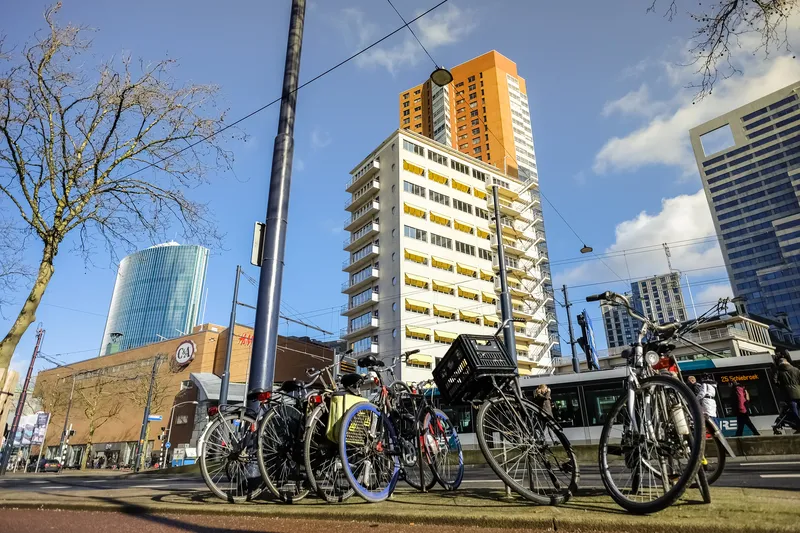
Rotterdam will redesign 30 streets and squares to accommodate cyclists and pedestrians to accommodate the 1.5m social distancing measures during the pandemic.
Also, vehicle speed limits in some residential areas could be reduced to 15kph and traffic light sequencing will be changed.
A statement on the website of Municipality of Rotterdam said that implementing the 1.5m social distancing rule it in a city where a large number of people are on the move every day “is not that easy”. But, “at the same time, it is an excellent opportunity to accelerate measures to make Rotterdam more cyclist and pedestrian-friendly”.
The Dutch city is creating what it calls a “holiday street concept” because people are being required from time to time to remain at home or close to it rather than travel further afield and out of the city during the pandemic.
The concept “contributes to a pleasant stay in your own living environment with more space on the street for playing games, reading a good book and meeting the neighbours,” noted the municipality. “Residential streets can also become more residential streets by reducing the speed for cars to 15 kph.”
Some of the changes will include having traffic lights between 07:00 and 21:00 more often on green for cyclists and pedestrians. Parts of some streets will have free parking or be partially car-free so that pedestrians and cyclists can pass each other with sufficient distance.
Hospitality businesses such as restaurants will be allowed to expand their terraces so that people can sit safely distanced outside. Also, the public space will be organised in such a way that shoppers can safely wait outside retails stores until they are allowed to enter.
No timescale for the changes was given.


